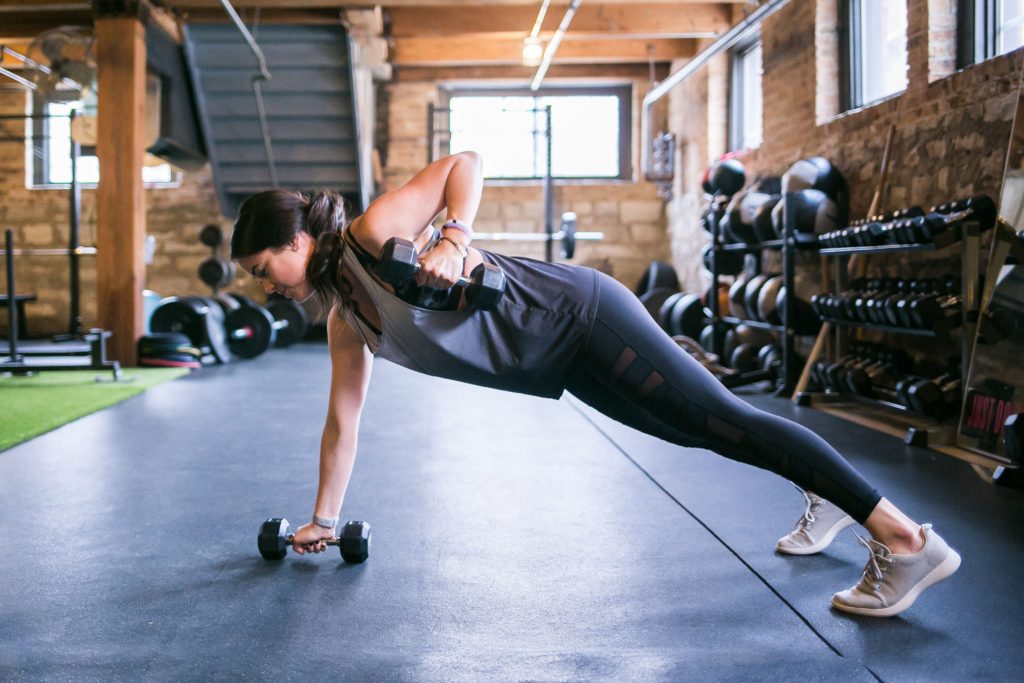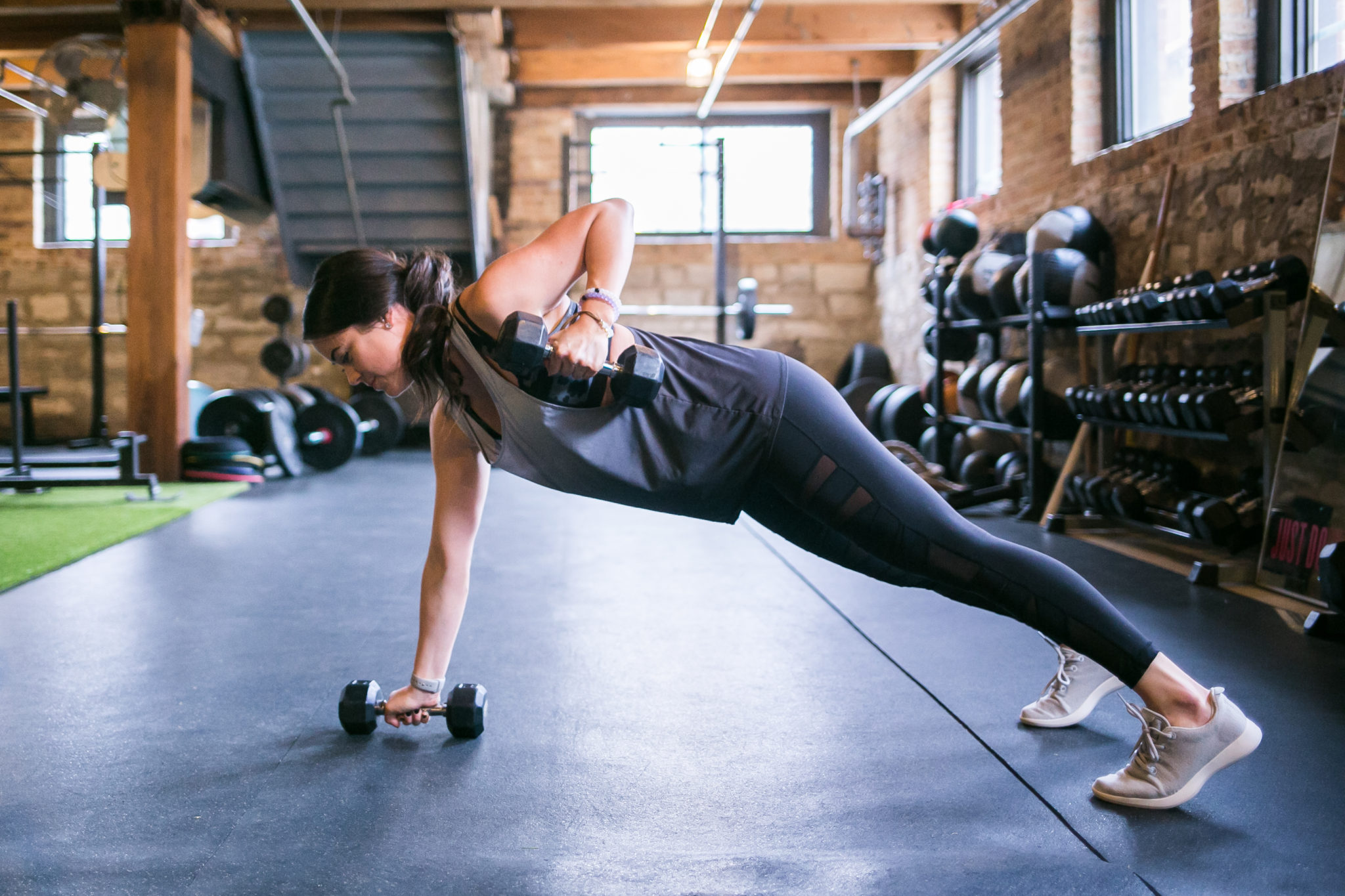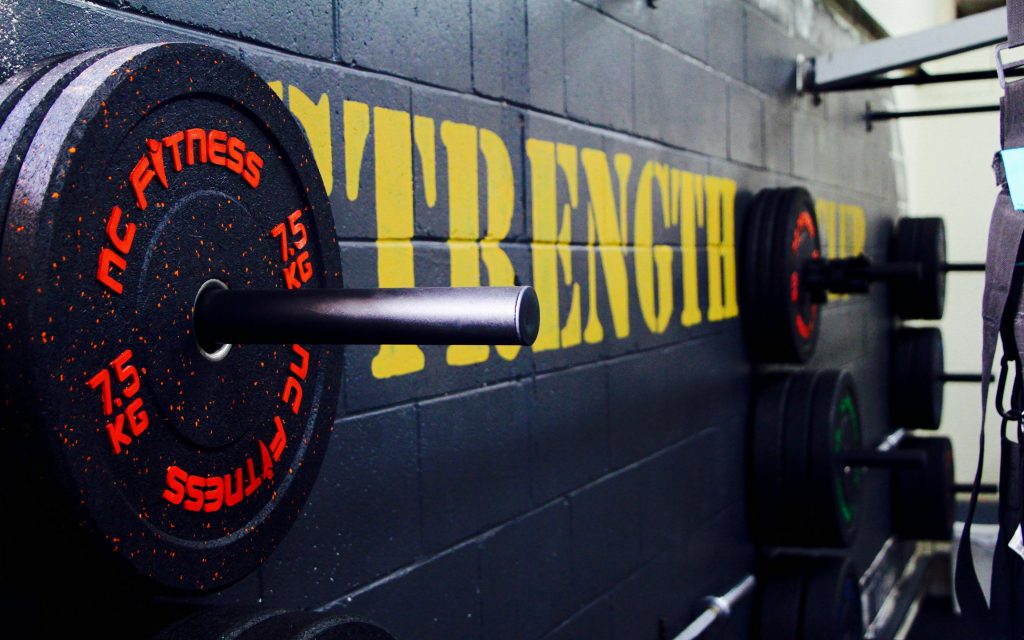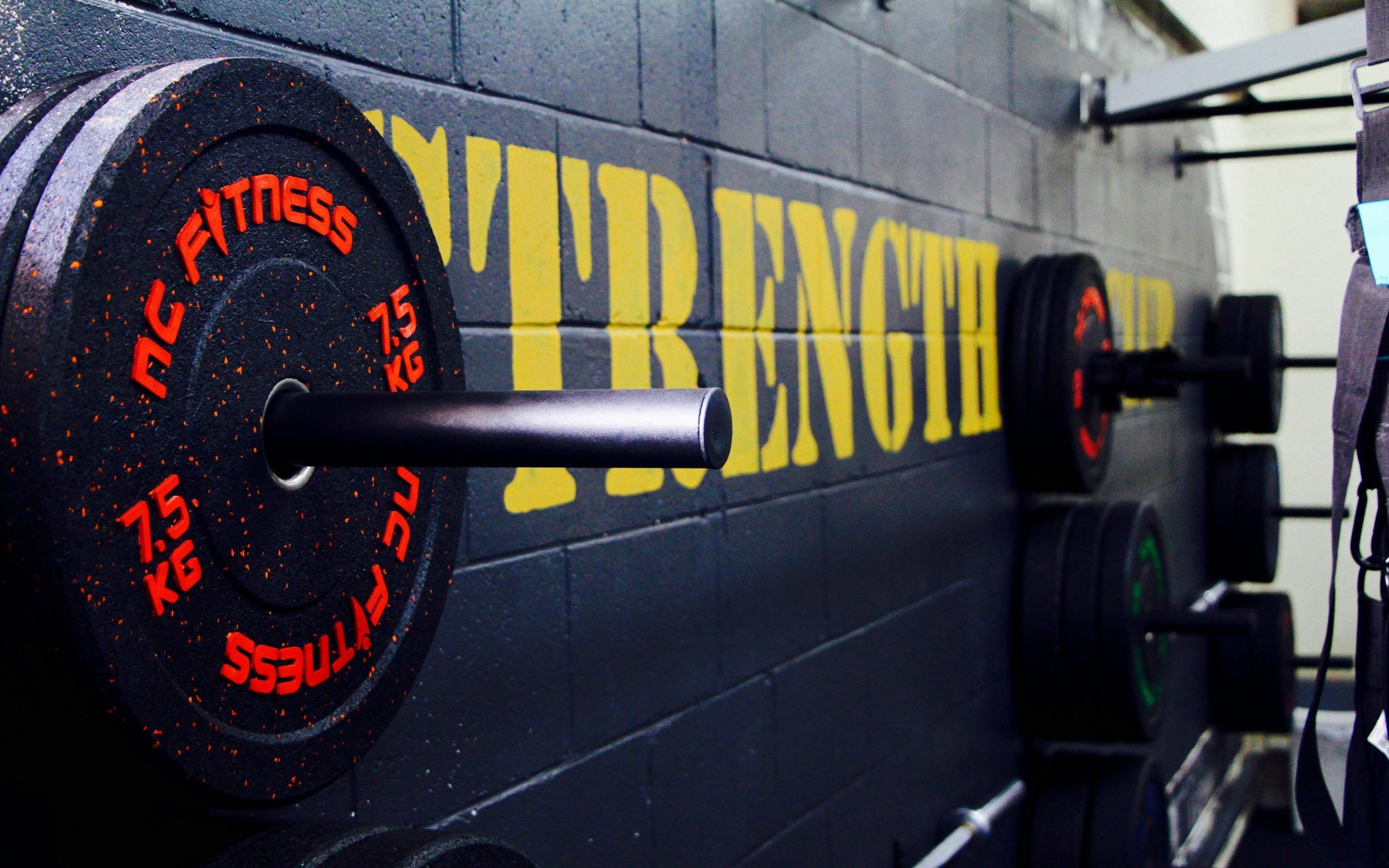Avoiding Bodybuilding Training Injuries
Many articles are written by Theislandnow about bodybuilding nutrition, training, and supplementation. However, one key element of bodybuilding success is often overlooked. Despite being the foundation for all other bodybuilding success, most trainers don’t even consider thinking about injury prevention until they experience their first injury.
Injuries to the body – whether they are muscle, tendon, or otherwise – prevent bodybuilders from training to their full capacity, and therefore result in lost bodybuilding progress. Here are six keys to remember which just might keep you in the gym, and off the injured reserve list.
Consistency
Many injuries occur when a trainer is attempting to come back from a short or extended layoff. Ten reps on the flat bench with 225 might have been a good warm-up when you were training all the time. But after a break, your body isn’t prepared to move that much weight. In order to get in front of the inevitable collisions between ‘what you used to be able to’ and ‘what you can do today, try to avoid missing the gym time in the first place.

Warm-up completely
Very often, we’ll hit the gym with a very limited 30, 45, or 60-minute window to get “in and out the door” before the next engagement of our life occurs, whether it be family, work, school, or otherwise. Despite this, spending 5 to 7 minutes on the treadmill warming up the body, and 2-3 minutes stretching the body part group about to be challenged, is essential for avoiding injury.
Watch the clock
Injuries often occur when trainers spend too much, or too little, time resting between movements. Try to keep a very steady 1 to the 3-minute window. Anything less than one minute between sets and you’ll be starting with lactic acid present in the local muscle group and a still-racing heart rate. Anything longer than 4 minutes of rest and chances is, there isn’t adequate blood in that muscle region anymore. Use the clock, rest properly, and lifts should go smoothly.
Note the little things
Very often, major injuries start as small injuries. If you have a strange pain in your forearm, it might be a good idea to have that checked out before attempting to overhead press three wheels. If your knee is feeling odd today, it might not be the best day to complete 20-rep breathing squats. Analyze each small “ding” and determine if the risk of turning that small ache into a serious injury is worth it.
Keep your mind in the game
If you’re at the gym, your mind should be on training. Flipping thru your PDA or chatting on your cell phone means your workout is being shortchanged. It also means you aren’t going to be aware of those little things mentioned above. If your mind isn’t on training, go home and deal with those things, and return to the gym when you can put 100% of yourself into the workout.
Check your ego at the door
This one should be common sense, but it is very often not the case. The ego is very often the very mechanism, which drives us to join a gym in the first place. The self-pride and satisfaction that come from building that first 10 pounds of muscle are what keeps us training to gain the next ten pounds. But when your ego encourages you to lift something beyond your capabilities, close your eyes and picture yourself missing 6 to 8 weeks with an injury. Mr. Ego should quietly sit down, and you should be able to complete your workout intelligently!












